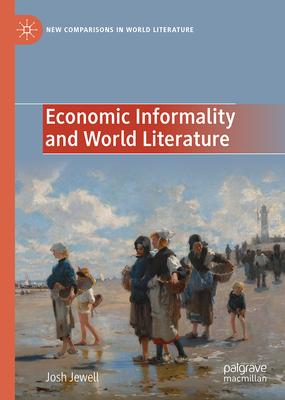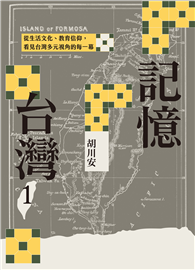This book analyses the impact of economic informality on the novel form across the modern world-system, looking specifically at works by Antonio de Almeida, Machado de Assis, Dany Laferrière, Ngũgĩ wa Thiong’o, Nadine Gordimer, and Masande Ntshanga. It sees the representation of informal economies as a structural homology of world-literature. In chapters on the figure of the agregado in the nineteenth-century Brazilian novel; sex work in Haitian fiction; the politics of the informal economy in the post-apartheid South African novel; and Ngugi’s representation African occult economies, Josh Jewell explores the relationship between the rise of improvised economic activity--and its consolidation under neoliberalism in postcolonial nations--and literary form. He shows how informal economies can be grasped as locations of strategy and improvisation whose subjects must shift constantly between officialdom and underground networks; between the realms of the licit and illicit. This produces highly heterogenous narratives oscillating between different tones and registers (unserious and tragic), social spaces (working-class and elite), and conceptions of reality. By comparing the various situated aesthetics of informality, this book instrumentalises the Warwick Research Collective’s compelling but nebulous idea of a world-literature that "variously registers" a "singular modernity".
| FindBook |
有 1 項符合
Economic Informality and World Literature的圖書 |
 |
Economic Informality and World Literature 作者:Jewell 出版社:Palgrave MacMillan 出版日期:2024-04-30 語言:英文 規格:精裝 / 普通級/ 初版 |
| 圖書館借閱 |
| 國家圖書館 | 全國圖書書目資訊網 | 國立公共資訊圖書館 | 電子書服務平台 | MetaCat 跨館整合查詢 |
| 臺北市立圖書館 | 新北市立圖書館 | 基隆市公共圖書館 | 桃園市立圖書館 | 新竹縣公共圖書館 |
| 苗栗縣立圖書館 | 臺中市立圖書館 | 彰化縣公共圖書館 | 南投縣文化局 | 雲林縣公共圖書館 |
| 嘉義縣圖書館 | 臺南市立圖書館 | 高雄市立圖書館 | 屏東縣公共圖書館 | 宜蘭縣公共圖書館 |
| 花蓮縣文化局 | 臺東縣文化處 |
|
|
圖書介紹 - 資料來源:博客來 評分:
圖書名稱:Economic Informality and World Literature
內容簡介
作者簡介
Josh Jewell is a resident scholar in the Humanities Institute at University College Dublin, Ireland. His research analyses the relationship between labour and literary form in world-literature. His current postdoctoral research project focuses on representations of labour which falls outside of direct market mediation--such as domestic labour and peasant agriculture--in South Africa, Brazil, the Caribbean, and the European periphery.
|











